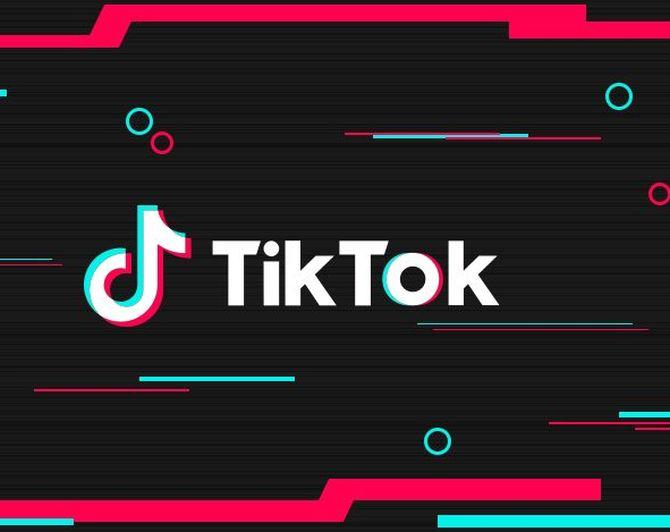 | « Back to article | Print this article |

The Madras high court bench in Madurai on Wednesday lifted its ban on Chinese social media app TikTok with the condition that the platform should not be used to host obscene videos.
A bench of justices N Kirubakaran and S S Sundar, which heard the matter as per the orders of the Supreme Court, warned if any controversial video violating its condition was found uploaded using the app, it would be considered a contempt of court.
The high court on April 3 directed the Centre to ban the app 'TikTok', used to create and share short videos, as it voiced concern over 'pornographic and inappropriate content' being made available through such platforms.
It had passed an interim order on a public interest litigation which sought a ban on the app on the ground that it allegedly carried contents that 'degraded culture and encouraged pornography'.
Hearing a plea by the Chinese company ByteDance, which owns TikTok, challenging the ban, the Supreme Court refused to stay the high court order but asked it to raise its grievances before the high court.
A bench of Chief Justice Ranjan Gogoi and justices Deepak Gupta and Sanjiv Khanna on Monday directed the high court to decide the plea for vacating its ban order.
It also said if the Madurai bench does not decide the plea for interim relief on Wednesday, its ban order will stand vacated.
When the matter came up before the high court, the bench passed the order lifting its ban after hearing submissions by central government advocate, counsel for TikTok and amicus curiae Arvind Datar.
The counsel for the Centre submitted that a committee had been formed to recommend ways to regulate apps like TikTok. Once the panel submits it's recommendation, a bill will be passed in Parliament.
The company's counsel said they were only an intermediary under the Information Technology Act. The platform users generate content and upload. TikTok has no role in selection and creation of content.
However, there was a mechanism by which in-built security had been provided on the Tiktok platform for automatic deletion of obscene videos within 15 minutes of an upload.
He also said that after the high court imposed the ban, six million controversial videos have been removed from TikTok.
The counsel said the ban would affect the company's 250 employees and 5,000 others indirectly employed.
Claiming that there were no complaints against TikTok from anywhere in the country, he said the company was appointing a nodal officer to deal with any issues.
Datar told the court that online speech was protected under Article 19 (1) of the Constitution (freedom of speech and expression). Banning the app was not the solution and rights of legitimate users must be protected.
On April 3, the high court said people were making cruel humour against innocent third parties.
A majority of teenagers were playing pranks, gaffing around with duet videos sharing split screen to strangers. Even TV channels were telecasting such TikTok videos which should be prohibited.
It observed that even after the havoc caused by Blue Whale online game, which reportedly led to suicides, officials had not learnt that they should be alert to these problems.
Only when the officials and policymakers were able to act on the problems of society, decision could be taken to prevent these kind of apps, the high court said.
The court said it was evident from media reports that pornography and inappropriate content were made available through such applications.
Petitioner Muthukumar has alleged that TikTok encouraged paedophiles and the contents were very disturbing.
Stating that Indonesia and Bangladesh have already banned the app, the PIL said children who used the mobile application were vulnerable and may get exposed to sexual predators.